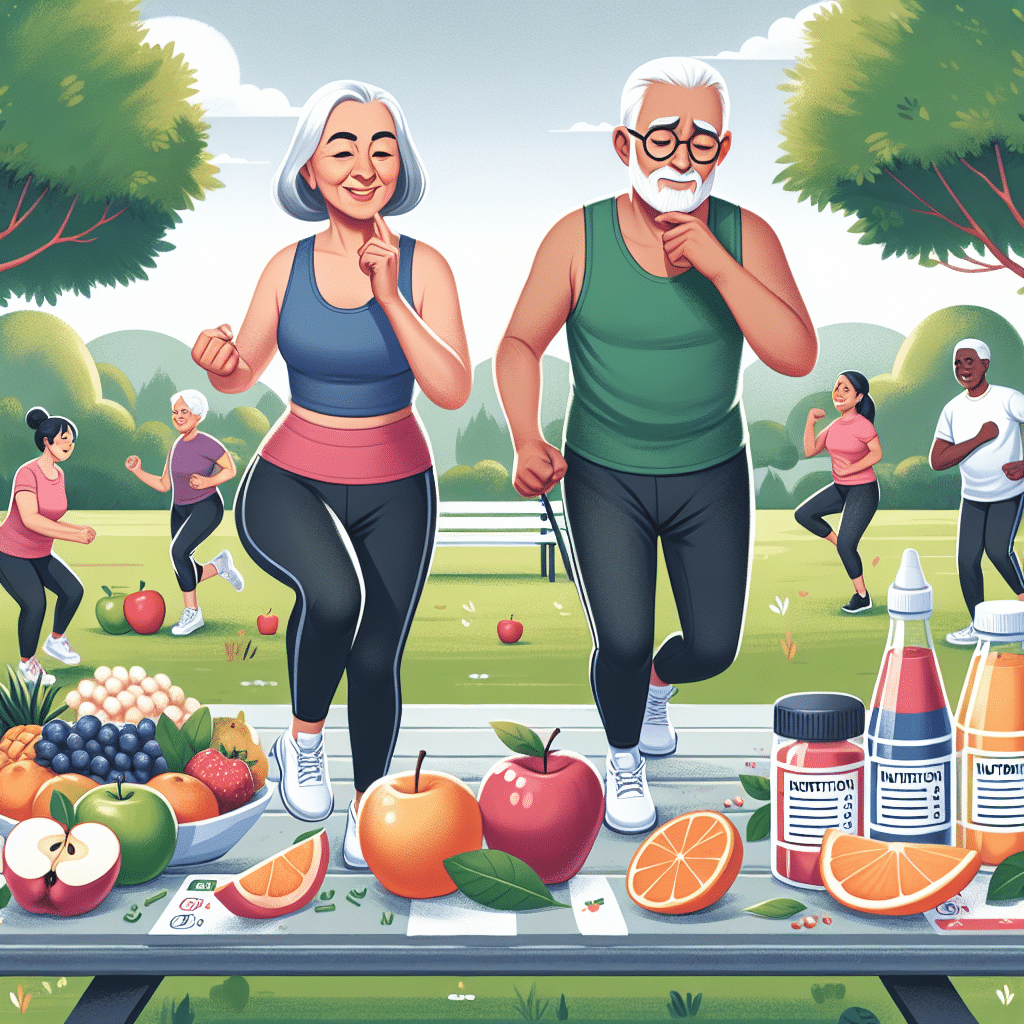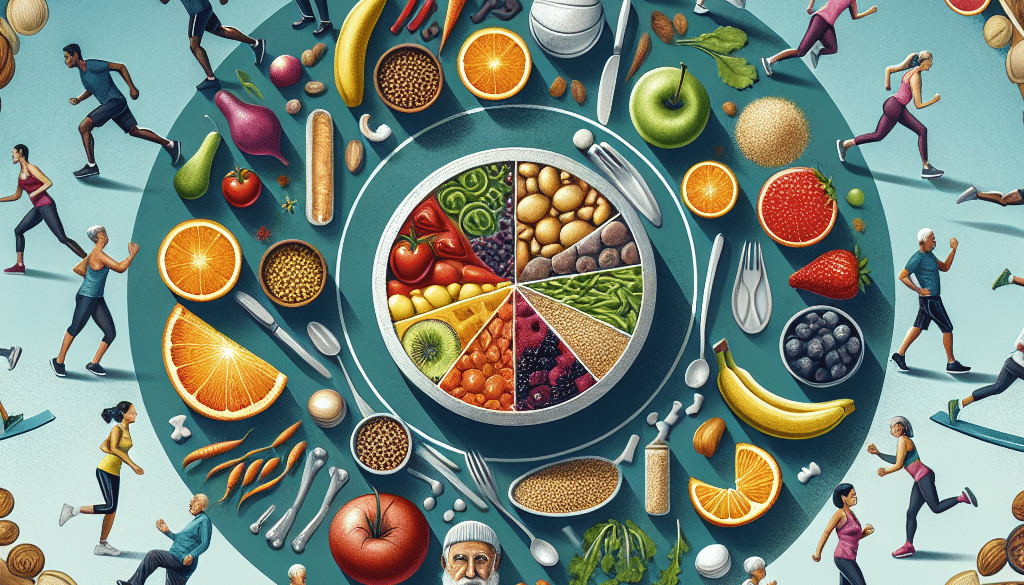Dietary Resilience: Supporting Aging Populations with Nutrition
-
Table of Contents
- Dietary Resilience: Nourishing Aging Populations with Smart Nutrition
- Understanding the Nutritional Needs of Older Adults
- Strategies for Promoting Dietary Resilience
- Case Studies and Success Stories
- Challenges and Considerations
- Statistical Insights
- Conclusion: The Path to Nutritional Empowerment
- ETChem: Your Partner in Senior Nutrition
Dietary Resilience: Nourishing Aging Populations with Smart Nutrition

As the global population ages, the importance of dietary resilience in supporting the health and well-being of seniors cannot be overstated. With the number of people aged 60 years and over expected to double by 2050, according to the World Health Organization, the need for nutrition strategies tailored to this demographic is more pressing than ever. This article delves into the role of nutrition in promoting health, preventing disease, and enhancing the quality of life for aging populations.
Understanding the Nutritional Needs of Older Adults
The aging process brings about various physiological changes that affect nutritional requirements. Older adults often experience a decrease in basal metabolic rate, changes in taste and smell, and challenges with digestion and absorption. These factors can lead to deficiencies in essential nutrients, making it crucial to adjust dietary patterns accordingly.
- Increased need for calcium and vitamin D to maintain bone health
- Higher demand for protein to preserve muscle mass and strength
- Requirement for fiber-rich foods to promote digestive health
- Importance of hydration due to a diminished sense of thirst
Strategies for Promoting Dietary Resilience
Creating a resilient diet for the elderly involves more than just meeting basic nutritional needs. It requires a comprehensive approach that includes accessibility, palatability, and social support.
- Encouraging nutrient-dense foods that are easy to prepare and consume
- Adapting meals to accommodate dental issues or swallowing difficulties
- Implementing community programs that provide social meals and nutrition education
- Utilizing supplements when necessary to address specific nutrient gaps
Case Studies and Success Stories
Several initiatives around the world have successfully improved the nutritional status of older adults. For example, the “Meals on Wheels” program in the United States delivers nutritious meals to seniors, addressing both nutritional needs and social isolation. In Japan, the “Shokuiku” (food education) program emphasizes the importance of balanced meals and has been linked to the country’s high life expectancy.
Challenges and Considerations
Despite the known benefits of proper nutrition, aging populations face several challenges in maintaining a resilient diet. These include limited income, reduced mobility, and chronic health conditions. Tailoring interventions to address these barriers is essential for the success of any nutritional program aimed at older adults.
Statistical Insights
Research has shown that malnutrition in older adults is associated with increased hospitalization rates, longer hospital stays, and higher healthcare costs. Conversely, proper nutrition can lead to improved immune function, better cognitive health, and reduced risk of chronic diseases such as osteoporosis and heart disease.
Conclusion: The Path to Nutritional Empowerment
Supporting aging populations with nutrition is a multifaceted endeavor that requires collaboration between individuals, healthcare providers, and communities. By focusing on dietary resilience, we can empower older adults to lead healthier, more fulfilling lives. The key takeaways include understanding the unique nutritional needs of seniors, implementing practical strategies to enhance diet quality, and recognizing the importance of social support in promoting healthy eating habits.
ETChem: Your Partner in Senior Nutrition
ETChem is dedicated to supporting the nutritional needs of aging populations with their high-quality protein products. Their range of collagen supplements, including marine, fish, bovine, and chicken collagen, is designed to cater to the specific requirements of older adults. These products are ideal for maintaining muscle mass, supporting joint health, and ensuring overall well-being. With ETChem’s commitment to excellence, you can trust that you’re providing the best for your aging loved ones or clients.
About ETChem:
ETChem, a reputable Chinese Collagen factory manufacturer and supplier, is renowned for producing, stocking, exporting, and delivering the highest quality collagens. They include marine collagen, fish collagen, bovine collagen, chicken collagen, type I collagen, type II collagen and type III collagen etc. Their offerings, characterized by a neutral taste, instant solubility attributes, cater to a diverse range of industries. They serve nutraceutical, pharmaceutical, cosmeceutical, veterinary, as well as food and beverage finished product distributors, traders, and manufacturers across Europe, USA, Canada, Australia, Thailand, Japan, Korea, Brazil, and Chile, among others.
ETChem specialization includes exporting and delivering tailor-made collagen powder and finished collagen nutritional supplements. Their extensive product range covers sectors like Food and Beverage, Sports Nutrition, Weight Management, Dietary Supplements, Health and Wellness Products, ensuring comprehensive solutions to meet all your protein needs.
As a trusted company by leading global food and beverage brands and Fortune 500 companies, ETChem reinforces China’s reputation in the global arena. For more information or to sample their products, please contact them and email karen(at)et-chem.com today.




